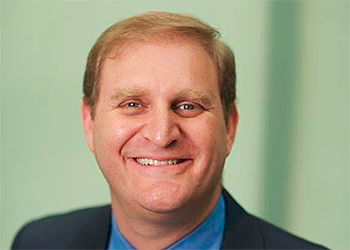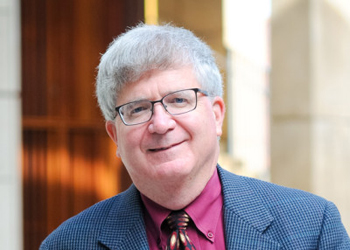How could the election affect the Supreme Court?
Stanford Law School Professors Nathaniel Persily and Michael McConnell weigh in on the future of the Supreme Court and the exercise of executive power under a Donald Trump presidency.
What is your sense of what direction the Supreme Court would head toward during the presidency of Donald Trump, given everything you know so far?

Nathaniel Persily (Image credit: Timothy Archibald)
Nathaniel Persily: The trajectory of the Supreme Court during a trump presidency depends on how many vacancies he has to fill. The replacement of Justice Scalia with Merrick Garland might have had profound effects on the court and its interpretation of the Constitution for years to come. Donald Trump has promised to replace Scalia with someone just like Scalia. If that is true, we might expect the relevant areas of the law to remain quite stable. If he is able to appoint someone to fill a seat currently occupied by Justice Anthony Kennedy, Justice Ruth Bader Ginsburg or Justice Stephen Breyer, then many areas of law could change quite significantly.
What kind of an impact could this person have?
Persily: If Donald Trump is able to replace not only Justice Scalia but also one of the more liberal leaning justices, then many areas of constitutional law may be transformed. The two most obvious would be the jurisprudence surrounding abortion and affirmative action. Two picks to the Supreme Court might be sufficient to overturn Roe v. Wade, and therefore a woman’s right to choose to have an abortion. Another case, Grutter v. Bollinger, which upheld some types of affirmative action in university admissions, could also be overturned. Beyond that, we also might expect several areas of law dealing with federal power to change. For example, the Supreme Court’s decision upholding the Affordable Care Act was a 5-4 vote. That might have gone the other way if one of Trump’s picks had sat in the seat of one of the more liberal justices. The same might be said for marriage equality – Obergefell v. Hodges was another 5-4 decision – that likely would have gone the other way.
How might the new administration affect the exercise of executive power?

Michael McConnell (Image credit: Jennifer Paschal)
Michael McConnell: One of the best things about a Trump presidency is that checks and balances will be reinvigorated. Under President Obama, an adoring press and a supportive congressional party looked the other way, or even actively celebrated, expansions of unilateral power that under other presidents would be seen as overreach. Trump will not have that kind of insulation. He will face an adversarial press, a judiciary that leans heavily to the opposition, an uncooperative bureaucracy, and a Congress made up of Democratic opponents and a large cadre of mainstream Republican skeptics.
Nathaniel Persily is the James B. McClatchy Professor of Law.
Michael McConnell is the Richard and Frances Mallery Professor of Law, director of the Constitutional Law Center at Stanford Law School and a senior fellow at the Hoover Institution.
Read more post-election Q&A from law faculty on the Stanford Law School website.
